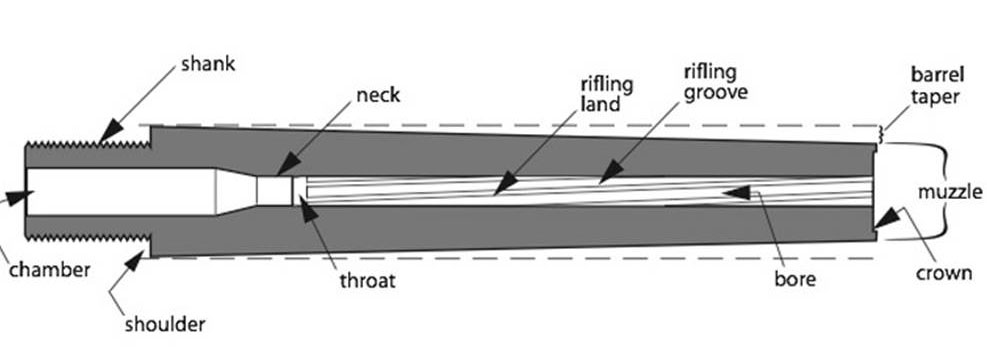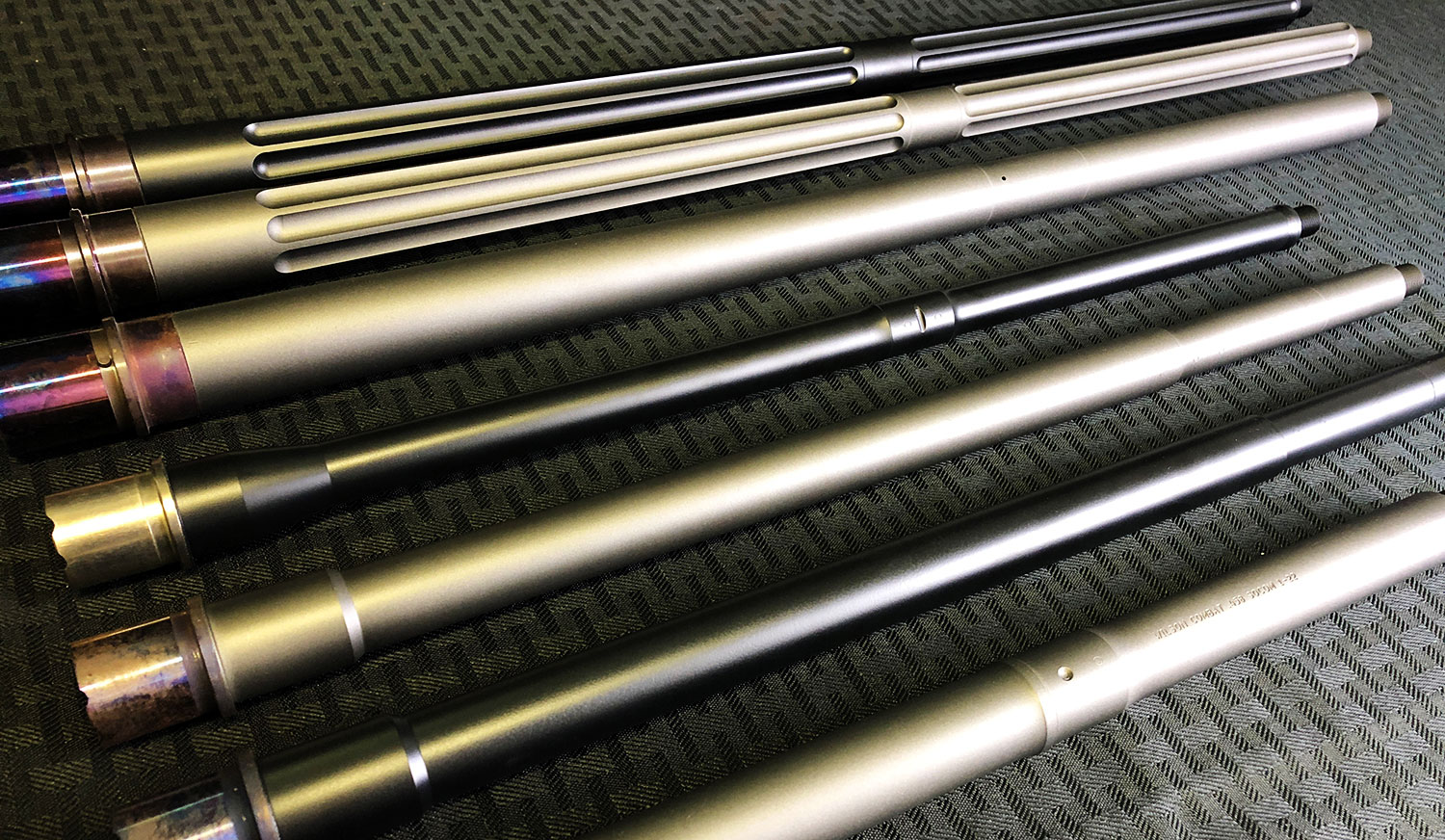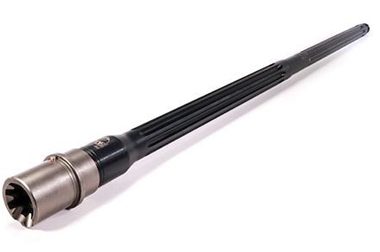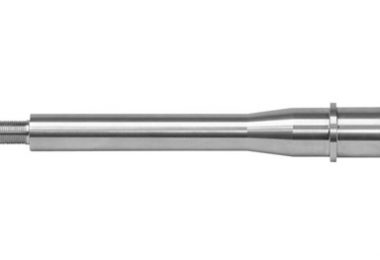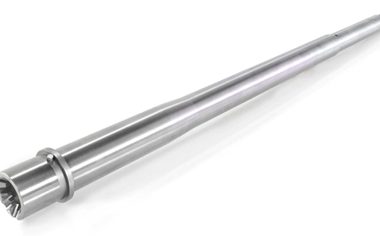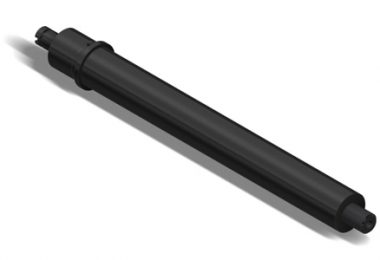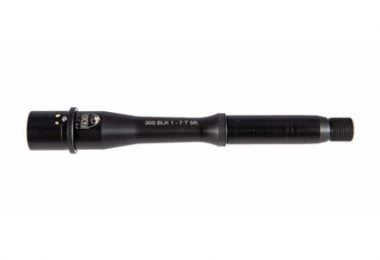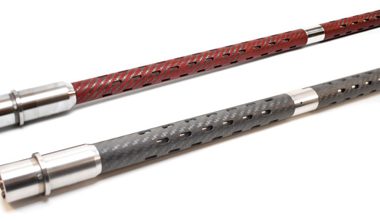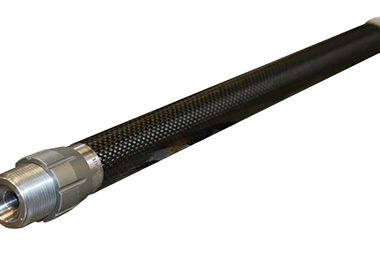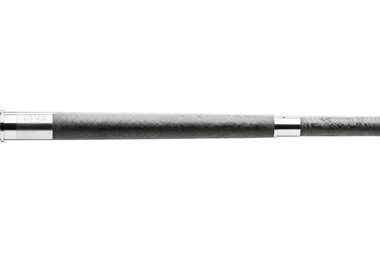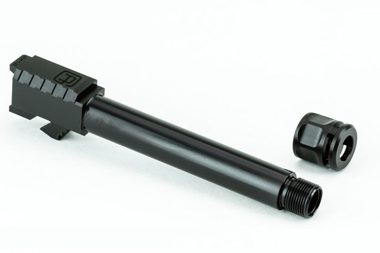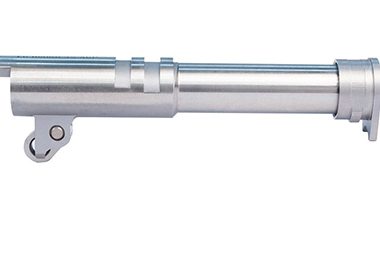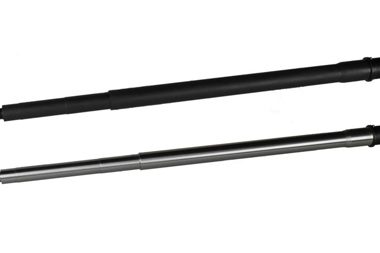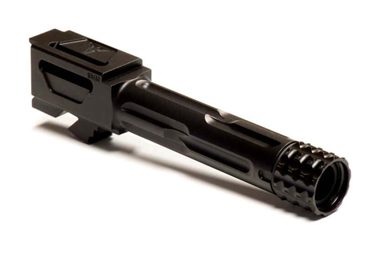Gun Barrels
Gun barrel is the metal tube that is inserted into the breech of a gun. The gun barrel is what holds the bullet in place and allows it to be fired. The gun barrel is also what gives the bullet its spin.
A gun barrel must be made of a material that can withstand the high pressures of firing a bullet. The most common materials used for gun barrels are steel, aluminum, and brass. Gun barrels are usually rifled, which means that they have spiral grooves cut into them. These grooves make the bullet spin as it leaves the barrel, which makes it more accurate.
The length of a gun barrel varies depending on the type of gun. Shotguns typically have shorter barrels than rifles. The length of the barrel also affects the accuracy of the gun. A longer barrel will be more accurate than a shorter barrel because there is less chance for the bullet to veer off course.
The bore of a gun barrel is the inside diameter of the barrel. The bore size is important because it determines the size of the bullet that can be fired through the barrel. A larger bore will allow a larger bullet to be fired, while a smaller bore will only allow a smaller bullet to be fired.
The most common types of gun barrels are smoothbore and rifled.
- Smoothbore barrels do not have any grooves cut into them, so the bullets do not spin as they leave the barrel. This makes smoothbore barrels less accurate than rifled barrels.
- Rifled barrels have spiral grooves cut into them, which make the bullets spin as they leave the barrel. This makes rifled barrels more accurate than smoothbore barrels.
The twist rate of a gun barrel is the number of inches that the bullet will travel in one complete revolution. The higher the twist rate, the more stable the bullet will be in flight. A high twist rate is important for long-range shooting because it helps to keep the bullet from wobbling as it travels through the air.
The material used to make gun barrels is important for several reasons. The material must be strong enough to withstand the high pressures of firing a bullet. The material must also be able to resist corrosion from the elements. Gun barrels are usually made from steel, aluminum, or brass.
- Steel is the most common material used for gun barrels. It is strong and resistant to corrosion. However, steel is also heavy, which can make the gun difficult to handle.
- Aluminum is lighter than steel, but it is not as strong.
- Brass is even lighter than aluminum, but it is not as strong or resistant to corrosion.
Gun barrels come in different shapes and sizes. The most common shape is a cylinder.
- Cylinder-shaped barrels are the most accurate because the bullet has a straight path to follow as it leaves the barrel.
- Tapered barrels are less accurate than cylinder-shaped barrels because the bullet begins to veer off course as soon as it leaves the barrel.
The size of the gun barrel is also important for accuracy. A larger barrel will be more accurate than a smaller barrel because there is less chance for the bullet to veer off course. The length of the barrel also affects accuracy. A longer barrel will be more accurate than a shorter barrel because there is less chance for the bullet to veer off course.
Gun barrels are usually rifled, which means that they have spiral grooves cut into them. These grooves make the bullet spin as it leaves the barrel, which makes it more accurate. Rifled barrels are more accurate than smoothbore barrels because the bullets spin as they leave the barrel. The twist rate of a gun barrel is the number of inches that the bullet will travel in one complete revolution. The higher the twist rate, the more stable the bullet will be in flight. A high twist rate is important for long-range shooting because it helps to keep the bullet from wobbling as it travels through the air.
AmmoFire is the best place to find gun parts reviews. We have a team of experts who test and review different gun parts so that you can make an informed decision before you buy. We also have a buyer's guide that will help you choose the right gun parts for your needs.

